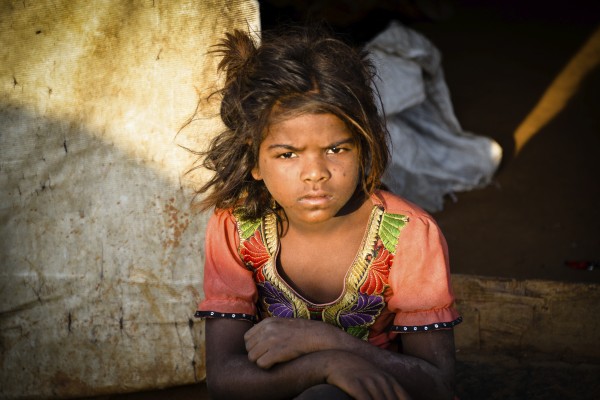
Prevention of child abuse
- Posted In :
- 0 : comment
In the recent past it has been reported by various media that the incidents of child abuse is increasing at an alarming rate in developing countries. One of the main reasons identified as root causes for this social problem are single parent families, (social fragmentation due to mothers going to Middle East countries as migrant workers), poverty, lack of basic sex education in school children and change in behavioural patterns of society.
It has been also identified that in addition to physical abuse of children that “Child Marriages” are also taking place in among some fragments of the society. In one case it was reported that a girl who was only 14 years of age, was “given away” by her parents to be married to a man of 40 years where she was raped and subsequently thrown to streets by this elderly man. She was subsequently found by police and handed over to the hospital. Even tough “Child Marriage” is strictly prohibited by law in most of the developing countries, it continues.
HELP A POOR CHILD has been organising programmes with support of the local councils on a cost sharing basis in
creating awareness on “Prevention of Child Abuse” highlighting the social stigma attached to such incidents.
Our initial program are targeted on hotspots reported by media, with the following:
- Flyers are produced in the local languages and distributed to educate the school children on what is child abuse and the contact number of Help Line for children. The flyers carry the HAPC Logo and related information so the children are able to identify the charity as a body who is there to help.
- The programme includes half of the day to create awareness among children on what actually constitutes child abuse(sexual and other forms), how to prevent it and how can they reach for help.
- Another half a day is allocated to create awareness for adults including leaders of the Civil Society Groups, taxi drivers, police, and members of other government authorities to understand the importance of child abuse prevention, social responsibility and reporting.
- Often we also involve the State and other Media to recognise the value of this life changing programme.
